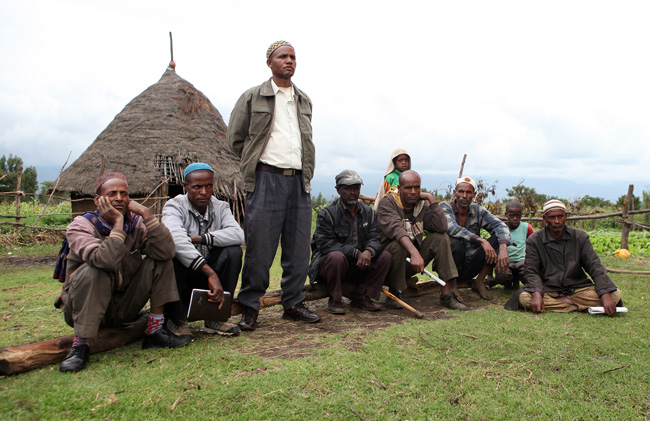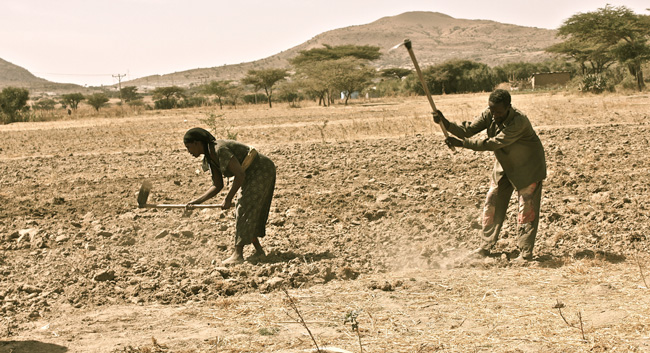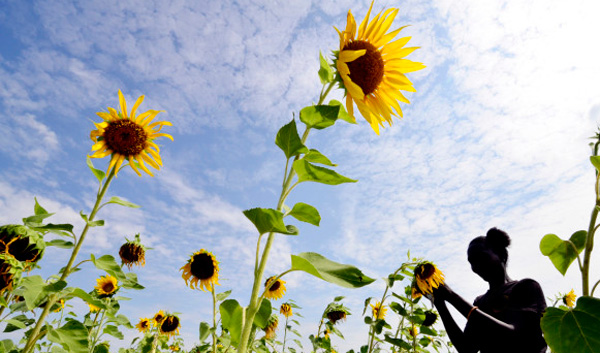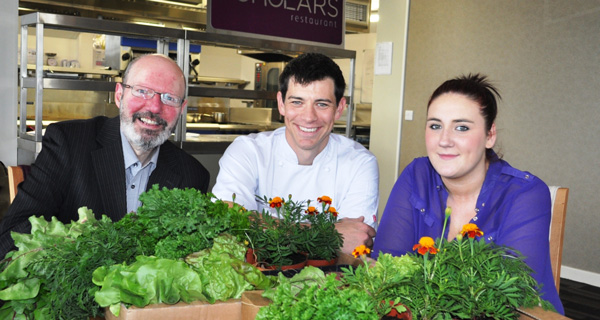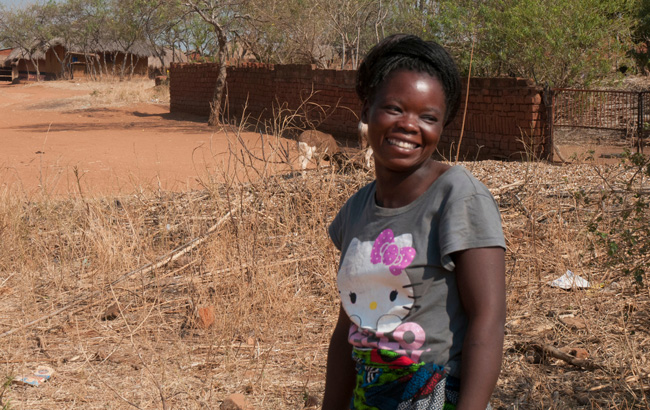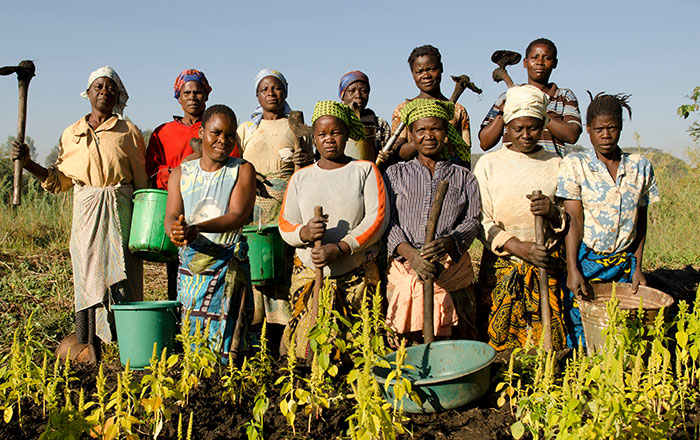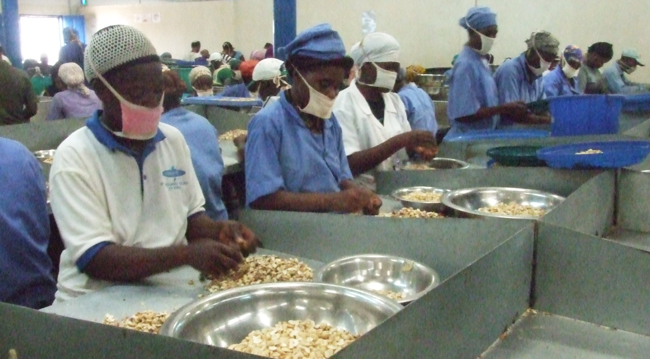A pioneering project that helped an Ethiopian farmers union to produce the quality wheat seed that it’s members needed, has received national recognition in the country.
Read MoreUN group backs climate work
;A Self Help Africa (SHA) project that supports rural communities in Ethiopia to cope with the effects of changing climate has received the approval of a national forum convened under the auspices of the United Nations Environment Programme (UNEP).
Read MoreChristine’s shining sunflower success
For 63 year old widow Christine Chipeta from Sendela village in Zambia’s Eastern Province, the ten acres farm she inherited from her husband was too difficult to cultivate with the hand tools she had available. Until she became involved with a Self Help Africa backed project she estimates that she was only using as little as 10% of her land to plant food.
Read MoreCelebrity chef pops-up for Africa
Walford & North Shropshire College’s ‘Scholars Restaurant’ will host a mouthwatering treat for foodie fans next month, when celebrity chef Marcus Bean teams up with the student-led eatery for a pop-up charity night’s dining in support of Self Help Africa.
Read MoreChange & Transformation
Africa is a diverse and rapidly changing continent. The individuals and communities we work are a world apart from the story the newspaper headlines would have you believe.
Read MoreSeed trade success for Zambia’s Alice
Mother of four Alice Banda grows cotton and maize on the small family farm where she lives in Eastern Zambia. Recently Alice has also become a groundnut seed producer. She is amongst 6,000 small-scale growers now supplying seed to a local firm who trade groundnut seed with farmers across Zambia and in a number of other Southern African countries.
Read MoreChallenge Yourself and Help Change Lives
New for 2014 – a range of challenges with one common goal – helping to support African families escape hunger and poverty for good.
With challenges from walking Hadrian’s Wall or cycling London at night, to extreme rafting on the Zambezi, whatever your interest, where ever you are and whatever your ability, there is a challenge for everyone.
Read MoreProgress for Africa
Africa’s smallholder farmers have a vital role to play in the continent’s future economic growth and development, former UN Secretary General Kofi Annan said at the launch of the annual Africa Progress Panel (APP) Report, this week.
The 2014 report reinforces Self Help Africa’s belief that small-scale farming communities are the key to ending hunger and poverty in the region.
Read MoreBenin’s enterprising cashew farmers
March marks the final month for West Africa’s cashew harvest and 2014 looks like being a very positive year for smallholder cashew growers in the region.
While the Benin harvest has been good, regional and global prices for cashew remain strong, which should lead to significant increases in incomes for farmers.
Read MoreAfrica – A story of change & transformation
‘Africa – A story of change & transformation’ is a new video that explains why Self Help Africa works in the way that it does.
It seeks to illustrate the enormous importance of agriculture to people in rural Sub-Saharan Africa, and how our work is supporting rural poor communities to grow more, earn more, and build better lives for their families.
Read More
